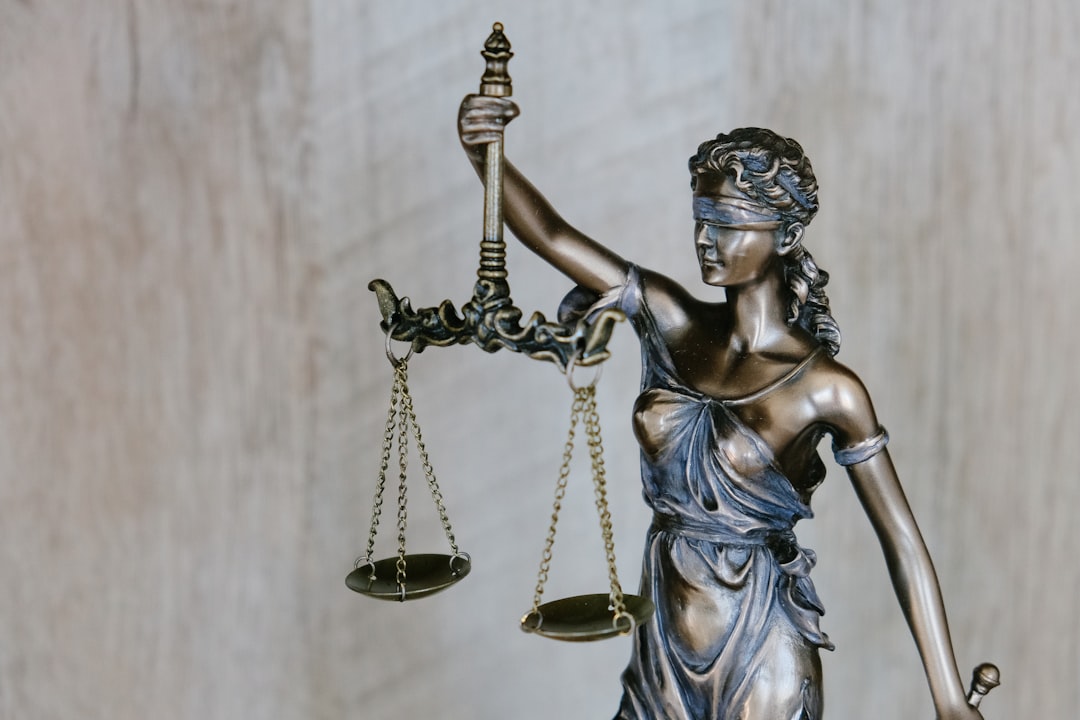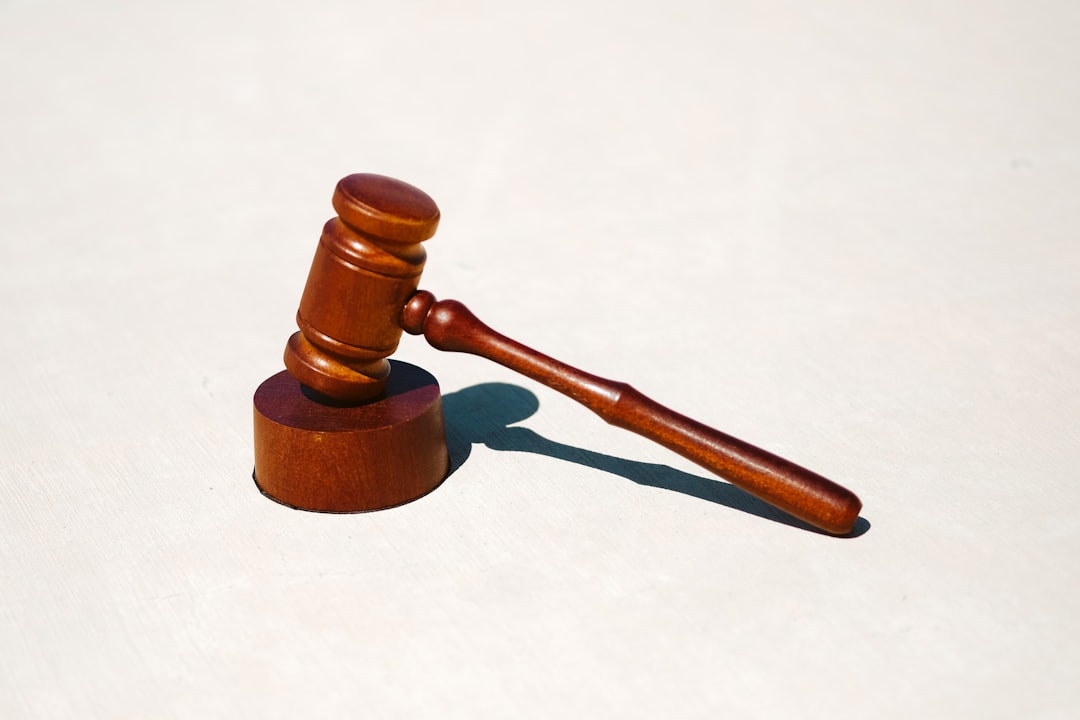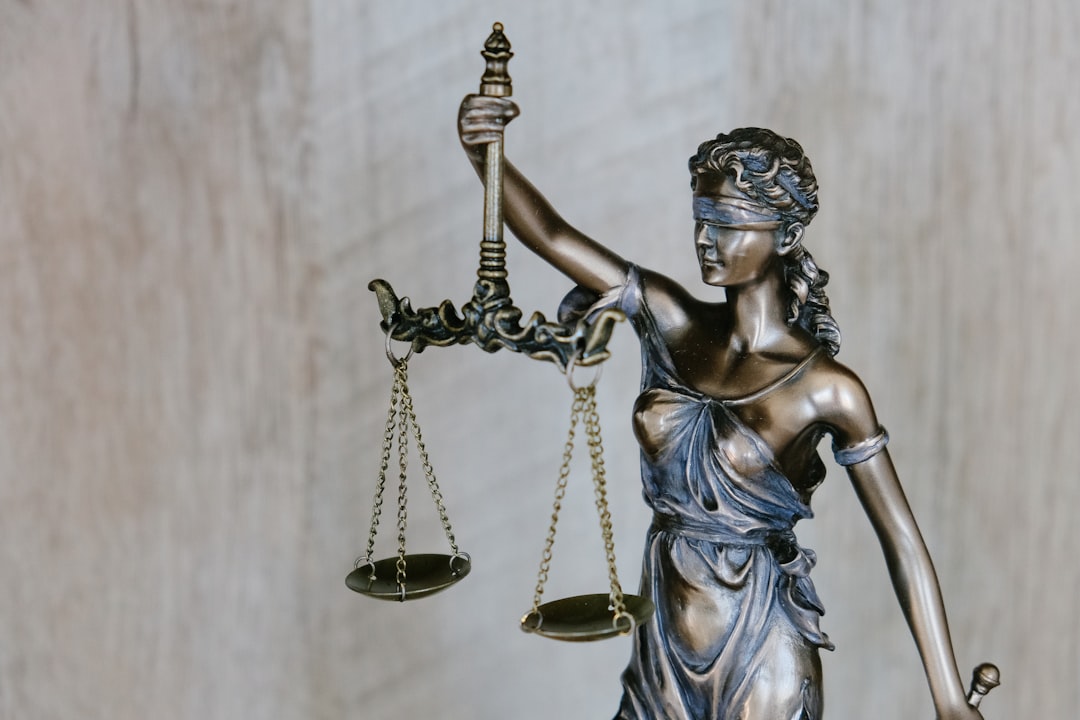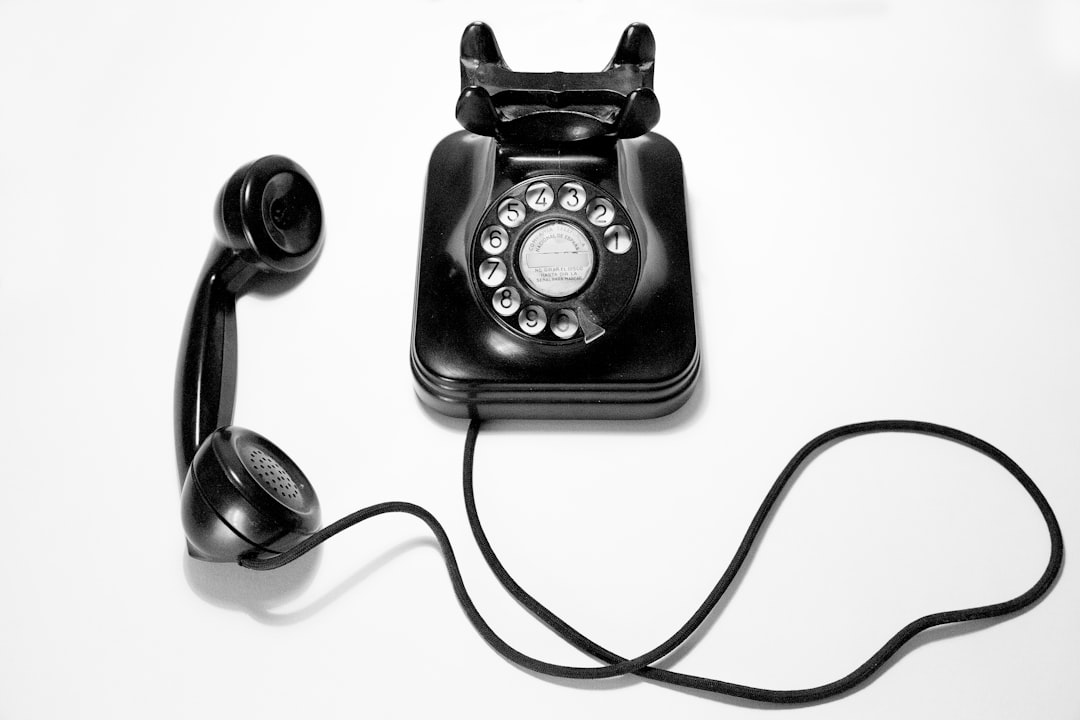South Dakota has enacted strict Spam Call laws to protect residents from unwanted telemarketing, especially from spam call law firms. iPhone users can combat robocalls using apps like Hiya, TrueCall, NoCall, and Call Control, which leverage crowd-sourced data, advanced call screening, and customizable blocking settings. These apps contribute to a quieter environment and align with state regulations, reducing unwanted calls and fostering community safety.
South Dakota residents now have powerful tools at their fingertips to combat incessant robocalls. With strict state laws against spam calls, understanding your rights and leveraging cutting-edge iPhone apps can provide much-needed relief. This comprehensive guide explores the best call blocking solutions for South Dakota users, delving into features that offer effective protection against unwanted robocalls while navigating the region’s Spam Call law firm regulations.
Understanding Robocalls and South Dakota's Spam Call Laws

Robocalls, or automated phone calls made in bulk, have become a ubiquitous nuisance across the nation, including South Dakota. These calls often originate from spam call law firms and other commercial entities, seeking to sell products or services. In response to this growing issue, many states, including South Dakota, have implemented strict Spam Call laws to protect residents from unwanted and deceptive calls.
South Dakota’s spam call laws are designed to give residents control over their phone lines by empowering them to block automated calls and take legal action against violators. The state’s legislation specifically addresses the rights of individuals to be free from nuisance calls, ensuring that businesses adhere to ethical telemarketing practices. By understanding these laws and the prevalence of robocalls, South Dakota residents can better protect themselves and take proactive measures to mitigate the impact of spam calls.
Identifying and Reporting Unwanted Calls

In South Dakota, identifying and reporting unwanted calls is a crucial step in combating robocalls. If you receive a spam call, it’s important to note the caller’s information—including the phone number, time of day, and any distinguishing features of the call itself. Many iPhone users have built-in tools to help them identify and block such calls, but there are also dedicated apps available that can offer enhanced protection. These apps not only filter out known spam numbers but also learn from your reporting to improve their accuracy over time.
Reporting these unwanted calls is equally vital under South Dakota’s Spam Call law firm regulations. By documenting and submitting the details of suspicious calls, you contribute to a broader effort to track and penalize nuisance callers. Many apps have built-in reporting mechanisms that allow users to flag calls easily, helping law enforcement and regulatory bodies to take action against persistent spammer operations. Remember, every reported call is a step closer to quieter, more secure communication for everyone in South Dakota.
Top iPhone Apps for Effective Call Blocking

In today’s digital era, spam calls from robocalls and unknown sources can be a nuisance, especially in South Dakota where a Spam Call law firm helps protect residents’ privacy. Fortunately, several top iPhone apps offer effective call blocking solutions. One of the most popular choices is Hiya, an app that uses crowd-sourced data to identify and block spam calls. It analyzes incoming numbers and provides real-time alerts, allowing users to decide whether to answer or block a call. Another robust option is TrueCall, which offers similar features and has a database of known spammer numbers.
Additionally, apps like NoCall and Call Control provide comprehensive call management tools, including the ability to customize blocking lists based on specific areas or numbers. These apps not only block unwanted calls but also offer additional features such as call screening and personalized call rules, ensuring users stay protected from robocalls in compliance with South Dakota’s Spam Call law.
Features to Look for in a Robocall Blocker App

When choosing an iPhone app to block robocalls in South Dakota, it’s essential to consider apps that offer comprehensive features to combat unwanted calls effectively. Firstly, look for an app with a robust spam call database that is regularly updated. This ensures the app can identify and block new robocall patterns as they emerge, aligning with the state’s Spam Call law firm regulations. Advanced call screening capabilities are another must-have; these apps should be able to analyze incoming calls, determine their source, and automatically block or redirect suspicious calls.
Additionally, consider apps that provide customizable blocking settings. This allows users to specify types of calls they want to block, such as political robocalls or telemarketing calls. Some apps also offer call recording and voice message transcription features, which can be useful for documenting and reporting spam calls. Features like do-not-disturb mode and call screening reminders further enhance the user experience, ensuring that only desired communications reach your iPhone.
Real-World Success Stories: How Users are Protecting Themselves

In the battle against robocalls, individual users in South Dakota have become powerful allies in protecting their privacy and peace of mind. Many have turned to innovative solutions, like top-rated iPhone apps designed to block spam calls, and shared their success stories with local law firms specializing in telecommunications laws. These users report significant reductions in unwanted calls, creating a safer and less disruptive environment. By employing these apps, they’re not only shielding themselves from potential scams but also contributing to a growing awareness about the impact of robocalls on communities across the state.
Real-life experiences highlight the effectiveness of these measures. Users consistently mention fewer irritating interruptions during meals, conversations, or work, leading to improved focus and overall satisfaction. As South Dakota strengthens its Spam Call laws, these personal victories serve as inspiration for others to take control of their communication choices, ensuring a quieter, more secure digital space.






